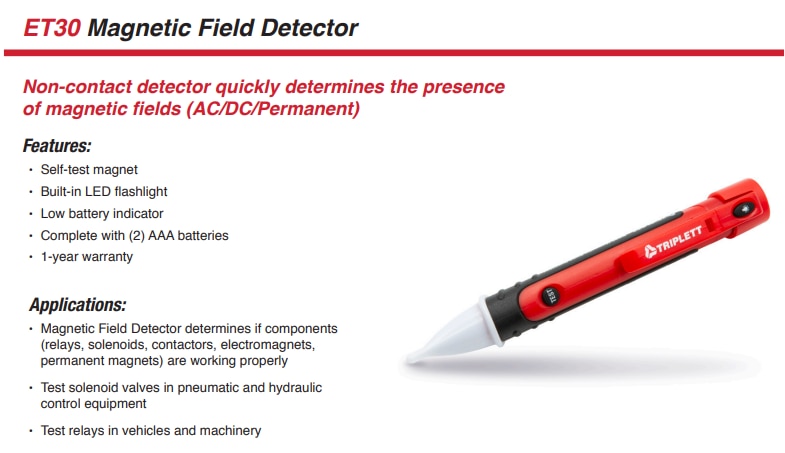Dear friends,
I found it is impossible to online buy a cheap Non-contact Direct Current voltage tester pens.
They only sell AC pens.
Does anyone know where to buy cheap Non-contact Direct Current (DC) tester pens , that is not those very expensive Fluke pens?
Thanks for all your great help and May God bless you and your family

